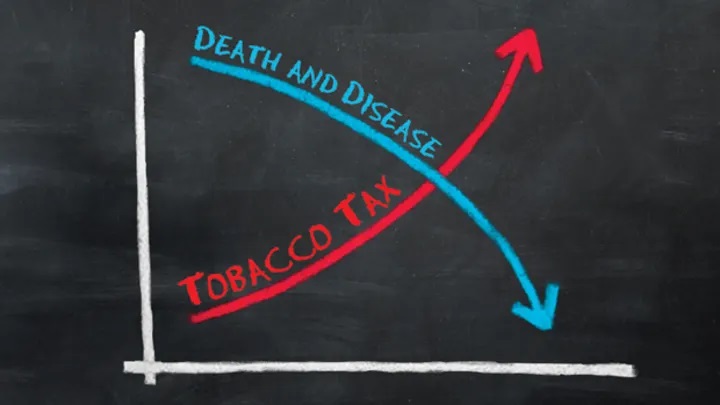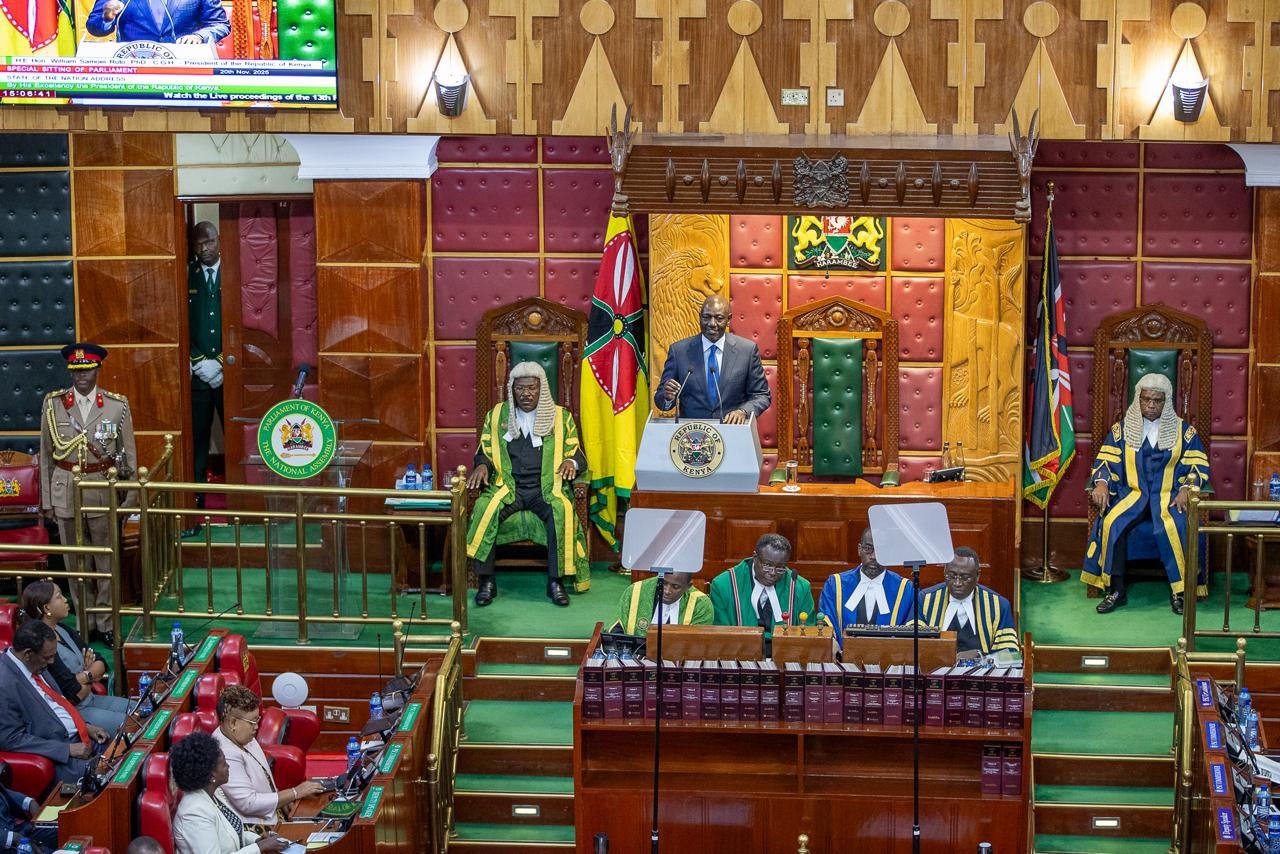
By KARAMBU MUTHAURA
In a significant move that aligns with global best practices in tobacco control, Kenya has reinforced its commitment to public health through enhanced taxation measures in the Tax Laws (Amendment) Act, 2024.
This legislative milestone builds upon Kenya's longstanding dedication to tobacco control, which began with the ratification of the World Health Organization Framework Convention on Tobacco Control (WHO FCTC) in 2004.
The journey to this point has been both challenging and inspiring. When Kenya became a party to the FCTC, it committed to implementing comprehensive tobacco control measures, with taxation being a crucial tool as outlined in Article 6 of the Convention.
The FCTC recognises price and tax measures as effective and important means of reducing tobacco consumption, particularly among vulnerable populations. Over the years, Kenya has emerged as a regional leader in tobacco control, despite facing significant industry pushback.
The latest tax measures represent a sophisticated understanding of the evolving tobacco landscape. The Act notably introduces uniform rates of Sh4,100 per mille for both filtered and non-filtered cigarettes, closing a historical loophole that tobacco companies often exploited to maintain affordability of their products.
Perhaps most forward-thinking is the legislation's comprehensive approach to novel tobacco products. As the global tobacco industry pivots towards what they term "reduced-risk products," Kenya has proactively established clear tax frameworks for these emerging threats. Products containing nicotine or nicotine substitutes intended for inhalation will now attract Sh2,000 per kg, while liquid nicotine for electronic cigarettes will be taxed at Sh100 per milliliter.
This approach acknowledges the growing challenge of new nicotine delivery systems while ensuring they don't become a gateway for a new generation of nicotine dependency.

From a public health perspective, the timing couldn't be more crucial. With tobacco use remaining a leading cause of preventable deaths and the industry increasingly targeting youth through novel products, these tax measures serve multiple objectives.
They create a price
barrier for potential new users, especially young people who are
price-sensitive, while encouraging current users to quit. The uniform rate
structure also eliminates the price advantage previously enjoyed by
non-filtered cigarettes, which often attracted price-conscious consumers.
However, taxation is just one piece of the puzzle. Kenya's comprehensive tobacco control strategy includes graphic health warnings, smoke-free public spaces, and restrictions on advertising. The success of these tax measures will depend on effective implementation, robust enforcement, and regional cooperation to prevent illicit trade.
Looking ahead, Kenya faces both opportunities and challenges. The rise of novel tobacco products requires continued vigilance and policy adaptation. Regional harmonization of tax rates within the East African Community remains crucial to prevent cross-border arbitrage. Additionally, monitoring the impact of these measures on consumption patterns, public health outcomes, and revenue generation will be essential for evidence-based policy refinement.
As Kenya continues to strengthen its tobacco control regime, this latest tax measure sends a clear message: public health takes precedence over industry interests. It demonstrates that middle-income countries can successfully implement progressive tobacco control policies while managing economic considerations.
For the public, these measures represent more than just increased prices. They represent a government's commitment to protecting current and future generations from the devastating health, social, environmental, and economic consequences of tobacco consumption. As we move forward, sustained political will, continued public support, and robust implementation will be crucial in realizing the full potential of these measures.
This development merits attention not just
from public health advocates and policymakers, but from anyone interested in
how evidence-based policy can effectively balance public health imperatives
with economic considerations. Kenya's experience offers valuable lessons for
other countries grappling with similar challenges in tobacco control.






![[PHOTOS] Betty Bayo laid to rest in Kiambu](/_next/image?url=https%3A%2F%2Fcdn.radioafrica.digital%2Fimage%2F2025%2F11%2F3b166e2e-d964-4503-8096-6b954dee1bd0.jpg&w=3840&q=100)







